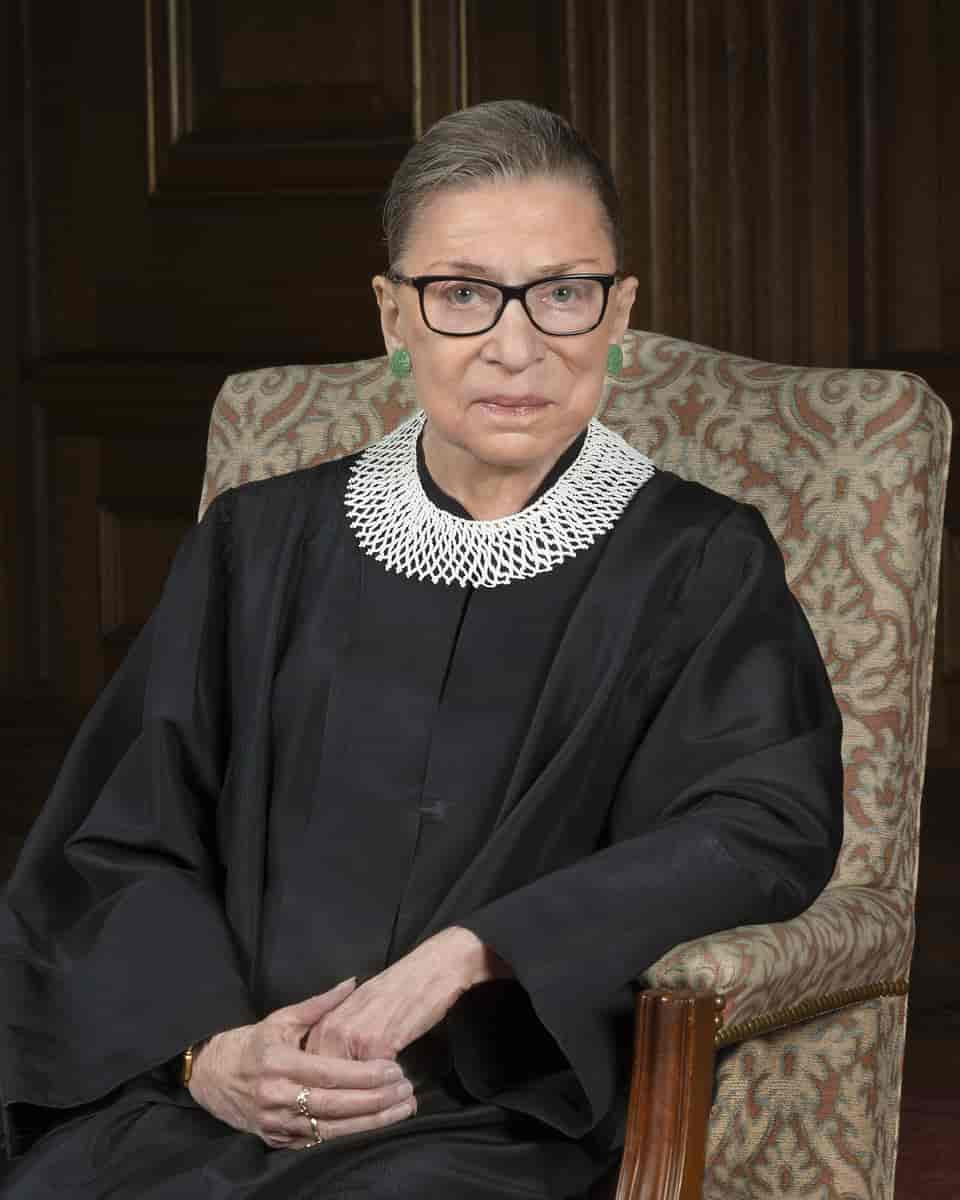Legacy left by Ruth Bader Ginsburg must be celebrated, continued
September 25, 2020

U.S. Supreme Court Justice Ruth Bader Ginsburg died on Sep. 18, at the age of 87. She has passed away but her legacy, hard work and ideas will not be forgotten.
From the beginning of her career, Ginsburg was an advocate for gender equality. According to Smithsonian Magazine, one of Ginsburg’s first and most impactful cases was Moritz v. Commissioner of Internal Revenue. This was a tax case that she argued alongside her husband Martin Ginsburg, who was a tax lawyer.
Ginsburg represented Moritz, who was denied a $600 caregiver tax deduction because he was a man. In 1972, the Tenth Circuit Court of Appeals ruled in Moritz’s favor, deeming this provision in the tax code unconstitutional because it resulted in an “invidious discrimination based solely on sex.”
This ruling set an important precedent. Ginsburg was highly strategic because she understood that she would be more likely to make strides towards gender equality by representing a man. Not only did she help Moritz get a tax deduction, she helped to change this provision of the tax code to prohibit discrimination against both men and women, based purely on their sex. This was a massive step in the right direction towards equality for everyone, regardless of their gender.
Another important part of Ginsburg’s work was her involvement with the American Civil Liberties Union or ACLU. She worked for the ACLU from 1969 to 1980, according to NPR. Beginning in 1972, Ginsburg directed the ACLU’s Women’s Rights Project.
Ginsburg took on her first judicial position in 1980, as a judge for the United States Court of Appeals for the District of Columbia, according to BBC News. In 1993, Ginsburg was nominated to the Supreme Court and was confirmed by the Senate in a landslide vote of 96 to 3. As a Supreme Court justice, Ginsburg wrote about 200 majority opinions and many powerful dissents.
During her time on the Supreme Court, Ginsburg became a cultural icon and late in her career was nicknamed the “Notorious RBG”. According to the New York Times, everything from her court-appropriate fashion sense to her personality contributed to her unusual stardom. There were even movies made about Ginsburg, titled “RBG” and “On the Basis of Sex”. Ginsburg’s amazing work made this fame well deserved.
Another aspect of Ginsburg’s life was her self-restraint and open-mindedness. Ginsburg had the increasingly rare ability to persuade and befriend those with different beliefs as herself. She was close friends with the now-deceased conservative Supreme Court justice Antonin Scalia, according to the New York Times. The two justices disagreed on almost everything and yet they both respected and valued one another.
Many Supreme Court justices are well-known but Ginsburg was much more. She overcame every obstacle thrown at her and helped other women do the same. Ginsburg was a feminist, a friend to many, a judicial powerhouse, a trailblazer, a role-model and an inspiration. Our country has lost a truly amazing woman. During a time when we are struggling to keep ideas such as equality and bipartisanship alive, it is critical that Ginsburg’s tireless efforts to make our country better are continued and remembered by us all.







